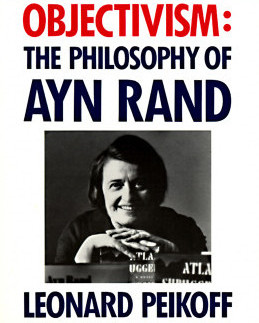An excerpt from chapter 2 on Sense Perception & Volition from Objectivism: The Philosophy of Ayn Rand by Leonard Peikoff.
The validity of the senses is an axiom. Like the fact of consciousness, the axiom is outside the province of proof because it is a precondition of any proof.
Proof consists in reducing an idea back to the data provided by the senses. These data themselves, the foundation of all subsequent knowledge, precede any process of inference. They are the primaries of cognition, the unchallengeable, the self-evident.
The validity of the senses is not an independent axiom; it is a corollary of the fact of consciousness. (As we have seen, it is only by grasping the action of his senses that a child is able to reach the implicit concept of consciousness.) If man is conscious of that which is, then his means of awareness are means of awareness, i.e., are valid. One cannot affirm consciousness while denying its primary form, which makes all the others possible. Just as any attack on consciousness negates itself, so does any attack on the senses. If the senses are not valid, neither are any concepts, including the ones used in the attack.
The purpose of philosophic discussion of the senses is not to derive their validity from any kind of antecedent knowledge, but to…
Read the rest in Objectivism: The Philosophy of Ayn Rand.
